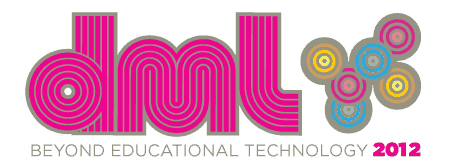IPE: Does digital and media literacy support civic engagement?
Theorists and advocates of media literacy have long claimed that it supports civic and
political participation. For young people, experiences with media and technology may
contribute to building the motivations, knowledge and skills associated with civic and political
engagement.
For instance, instructional practices of media literacy often include information search and
evaluation strategies, reading/viewing/listening and discussion, close analysis, cross-media
comparison, gaming/simulation/role-playing, and multimedia composition. Participation in
the public sphere may be cultivated as young people gain direct experience with the
practices of online publishing, discourse, debate, and collective action. Digital and media
literacy enables young people to ask good questions, seek out information on relevant
issues, evaluate the quality of information available on a political or social issue, and engage
in dialogue with others.
The increasing availability and decreasing costs of high-quality digital production and
information and communication technologies opens up an array of opportunities to provide
participatory and collaborative learning experiences inside the school. Also, new
technologies and digital media have potential to blend classroom learning with independent,
interactive learner-centered experiences outside the formal education context. Nonetheless,
to realize the civic potential of digital media, media educators should move beyond a naive
belief in the power of educational technology.
In particular, research is beginning to show that program effectiveness depends on the
complex relationships between young people’s social and educational background and
preexisting differences in their attitudes towards information-seeking, offline and online
media use patterns, media literacy competencies, and institutionalized and non-
institutionalized civic and political participation levels.
This panel is organized into two phases. First, we present results of four research studies
that examine the relations between digital and media literacy programs, information-seeking
motivations, news analysis competencies, out-of-school media and technology habits, and
civic and political engagement. In the first study, we examine the relationship between
participation in a digital media literacy program and measures of civic engagement at a large
urban school in Maryland. In the second study, we share evidence from an cross-national
survey of teachers that reveals how different types of teacher motivations for digital and
media literacy (empowerment, protection, and create-use-share) may affect classroom
practices that impact youth civic engagement. In the third study, we report results of a
survey on youth participatory politics that offers evidence about the frequency of some
media literacy activities from diverse school districts in California as well as findings on their
impact on youth practices. In the fourth study, we examine the use of participatory social
media for exploring news literacy in the context of remix practice.
In the second half of the panel, we offer a wider discussion on the opportunities and
challenges that researchers face when exploring the potential impact of digital media on the
practices of civic engagement. What unanswered questions are most pressing? What are
the biggest challenges associated with this work and how are we addressing them? What
are the implications of our research for practitioners and advocates?



